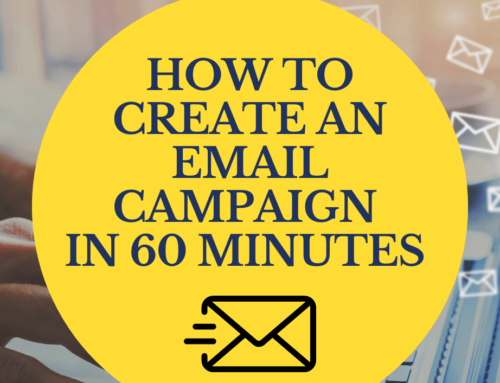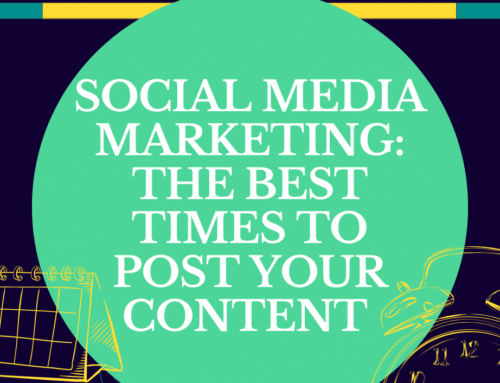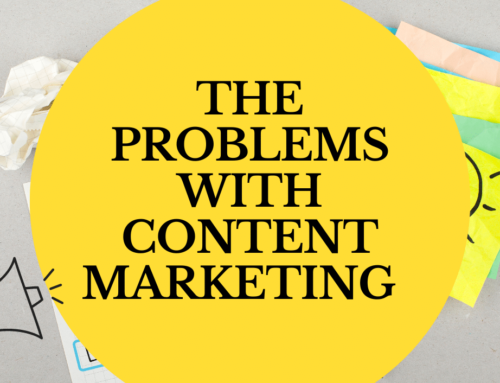Artificial intelligence (AI) has revolutionised so many industries, and It’s no surprise that marketing is one of the first to see the significant changes AI has brought. The new technology has equipped marketers with powerful tools to effectively engage with their target audience, like personalised recommendations and targeted ads. However, the ethical implications of using AI in marketing cannot be ignored.
The benefits of AI are undeniable as it enables us to reduce timely tasks, conduct research without spending hours scrolling through Google and can help you as a virtual assistant. Yet, concerns regarding privacy, data security and the possibility of AI giving out misinformation and plagiarised text remain at the forefront of people’s minds. As AI becomes more commonly used in marketing, it is essential to consider how to use it ethically and responsibly.
Misinformation
Marketing is used in most businesses as a way to spread your brand’s unique message through personalised content. The information we use as marketers to give our campaigns the best results includes:
- Researching specific demographics
- Using a tone of voice that resonates with your ideal customer.
- Using a mixture of emotive, engaging and educational content.
AI technologies are used to gather information on a variety of subjects and can be used for good, as well as bad. However, this technology also makes false information easy to gather, causing your brand’s message to become lost and untrustworthy to your audience.
AI can create fake content that appears to be real by manipulating text, images, audio and video. By combining AI algorithms, new data can be created from existing datasets, making the results more and more realistic as the technology gets better. If you’re going to use AI to produce content, you must ensure you are then using a search engine such as Google to check the facts, as currently, AI such as ChatGPT’s data cuts off in 2021, meaning it is completely unaware of current events, trends or important news stories.
Here are a few ways we would suggest you use AI:
To ask for ideas when you have a creativity block
Take the ideas from the AI, and develop these into captions, blog posts or newsletters. Only use the ideas as a general base to spark inspiration, as they are generic and can be used by other consumers using the AI platform.
Ask it is a question
We asked ChatGPT,” What does Gen-Z want to see on a website homepage?”. This then gave us an explanation about ensuring the webpage is visually appealing, authentic, inclusive, optimised for mobile devices and offers personalised experiences with relevant and useful content. From this result, we can go to Google and dig deeper into the talking points that the AI has suggested, cutting down research time.
Transparency and Accountability
Transparency and accountability are essential in moral marketing, especially using artificial intelligence (AI). Consumers may need help understanding how their data is used and how judgements are made as AI systems become more complicated and commonly used. As marketers, we should explain how AI is used in marketing and be transparent about data gathering and how this data is used to ensure consumer transparency.
Are you interested in working with the 10X Marketing team? Contact us for more information.







Leave A Comment